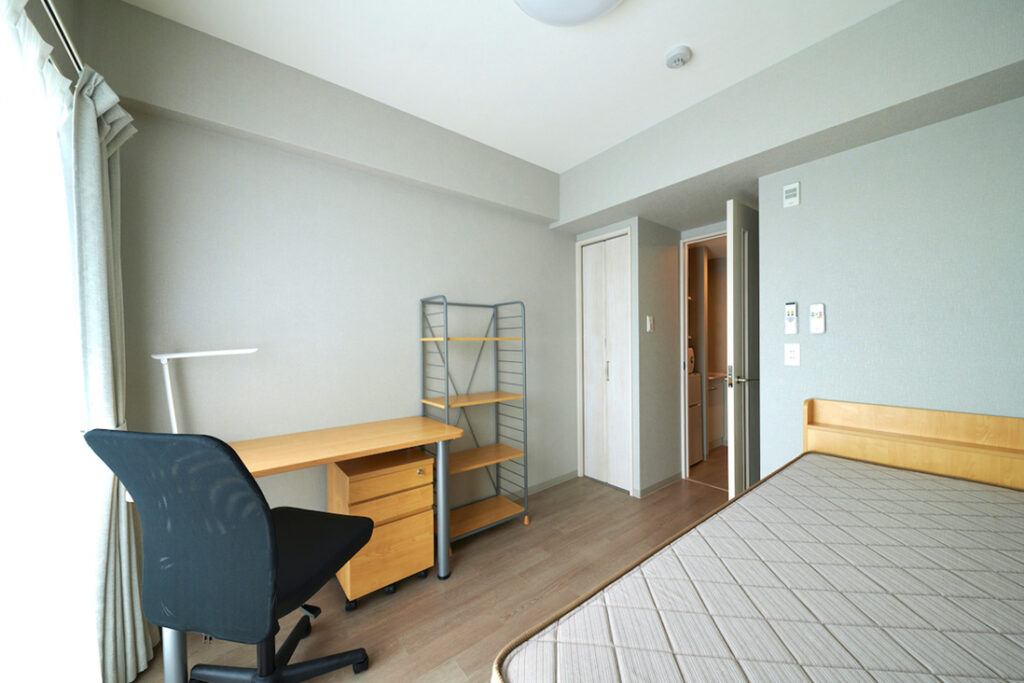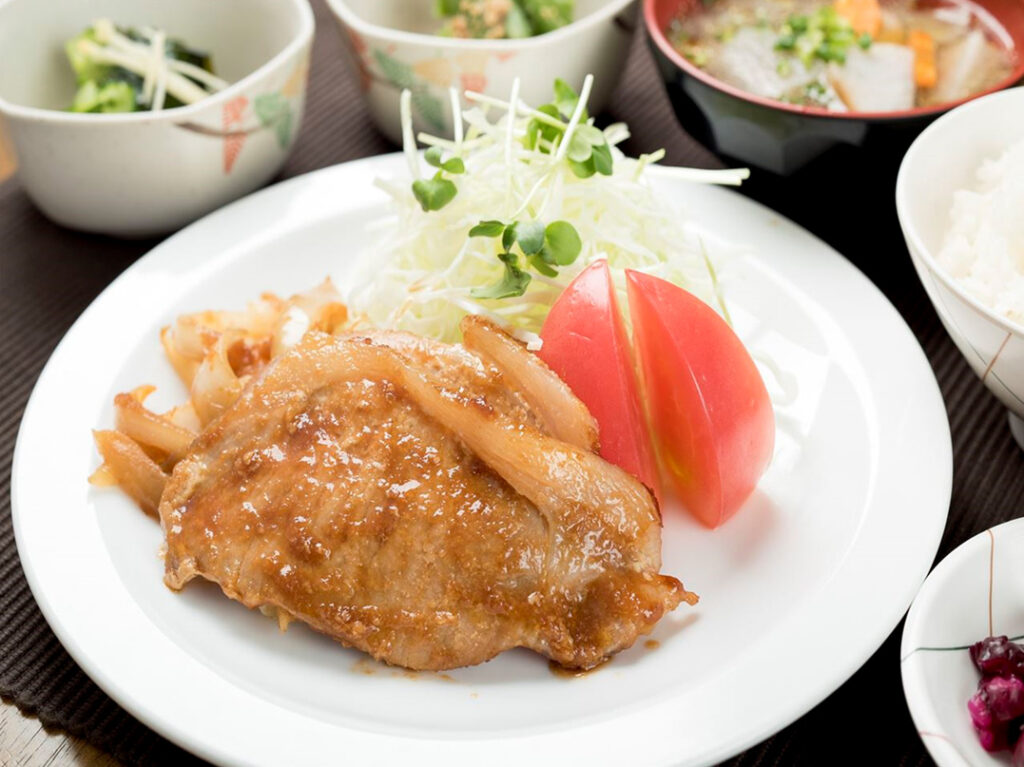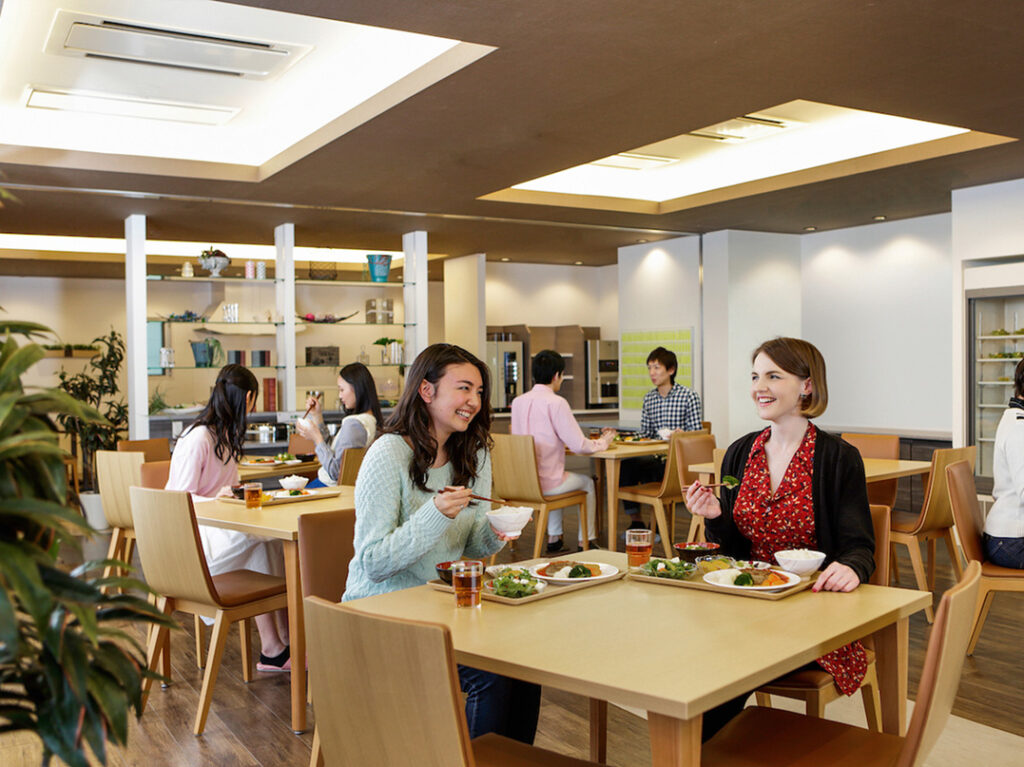Life in Kyoto
There are three housing options at KCJS: Living in a Japanese household, living in an apartment, or living in a resident hall.
Living in a Japanese household (Homestay)
Homestay is the best way to learn about Japanese culture through daily interaction with a Japanese family, and to improve your Japanese language skills. Homestays include a private room for the KCJS student, who is provided with both breakfast and dinner. KCJS will provide a daily lunch subsidy and monthly pass cost to the academic-year and semester-program students. (NOTE: Lunch subsidy is not applicable to KCJS Summer Programs students.)
KCJS homestay families vary widely in location (usually 40-60 minute commute), family composition, and their experience with foreign students, so you should be prepared to accept the particular situation of the family to whom you are assigned.
KCJS provides monthly public transportation pass to the academic-year and semester-program students in homestay, resident hall and apartment.

Living in a resident hall
Students will be placed in single rooms with a bathroom/shower and basic furnishings, including a desk/chair, refrigerator, microwave, WiFi, etc. Washing machines may be located in the student’s room or in the building. Each building has resident hall managers (a Japanese couple) who live in the resident hall and provide support to students.
Japanese students also live in the resident hall, providing an opportunity to interact with locals attending nearby universities. There are co-ed resident hall options.
Breakfast and dinner are provided Monday-Saturday, KCJS will provide a daily lunch subsidy and monthly public transportation pass to the academic-year and semester-program students. The resident hall menus may have limited vegetarian options. Students must provide advance notice if they choose to not eat meals in the resident hall on certain days.



Living in an apartment
KCJS leases a few small furnished apartments. The apartments are equipped with essential furnishings, household and kitchen appliances (microwave, stove, refrigerator, TV, washing machine, bed linens, pillows, dishes, silverware, cookware, etc.).
These apartments are generally located within a 30-40 minute bus or train to KCJS. Students choosing apartments are able to live independently, but they must make a special effort to get involved in Japanese society and student life.
Apartment students in the academic year and semester programs will receive a monthly public transportation pass and a daily lunch subsidy from KCJS, but must prepare their own breakfast and dinner or eat out, so the cost is usually higher than living in a homestay or in a resident hall.


